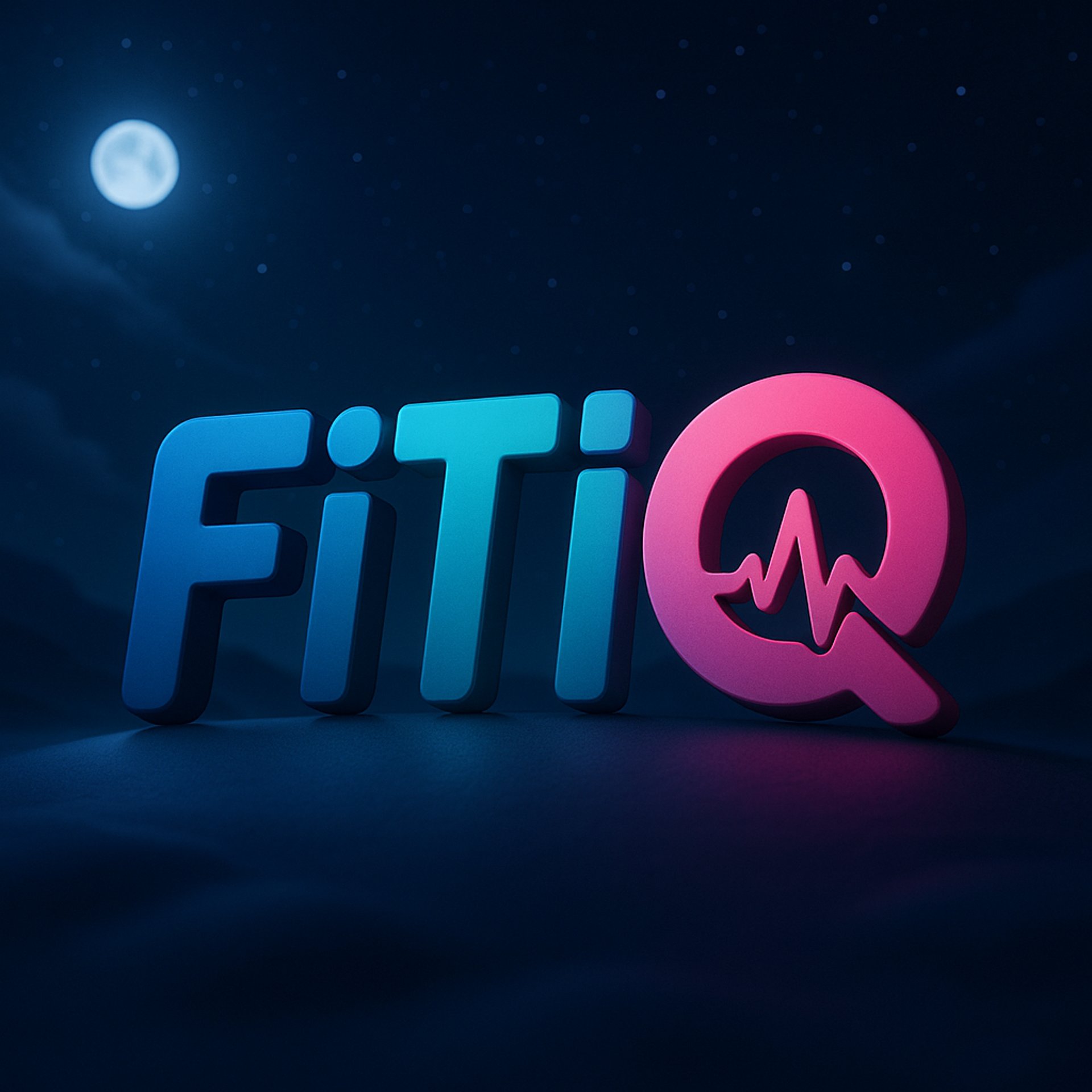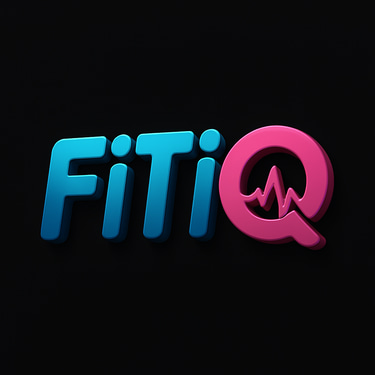"I Survived. I Lived. Then I Woke Up."
You’re not going to lose your job to an AI...BUT
You're going to lose your job to someone who knows how has knowledge of of AI-101 Prompting or Prompt Engineering. You gain that knowledge with repetitive practice
WHAT'S NEW IN TECH
8/5/20253 min read
What does this mean? START PUTTING TIME ASIDE AND USE AI....better yet let AI free up your time so you can learn more , Oh and learn is from AI!
Microsoft’s list of 40 jobs with significant overlap with AI is going viral—and it’s raising red flags for many professionals. Historians, translators, and sales representatives are among the roles showing the most crossover, leading to concerns that these careers may be especially vulnerable. While Microsoft emphasizes that a high level of AI applicability doesn’t necessarily mean these jobs will disappear, the reality is that many employers are freezing hiring or cutting staff to boost efficiency with AI tools.
With companies like Amazon openly announcing AI-driven job cuts, workers are left scrambling to figure out which roles might soon be replaced or outsourced to machines.
A new report from Microsoft researchers dives into the impact of generative AI on different professions, offering a clearer picture of what’s ahead.
Translators, historians, and writers are among the professions most closely aligned with what AI can already do, according to a new report released this month. These roles scored the highest on AI applicability, meaning the tasks they involve are highly suited to being automated by current technology. Customer service and sales reps—together representing around 5 million jobs in the U.S.—are also facing increasing competition from AI.
The researchers found that knowledge-based roles are most vulnerable—especially jobs involving computers, mathematics, or office-based administrative work. Sales positions are also at risk, given how much they rely on communicating and explaining information.
Microsoft has clarified that a high AI applicability score doesn’t necessarily mean those jobs will vanish. Still, the list sparked widespread concern online, with many professionals labeling the roles as “most at risk.”
This growing anxiety isn’t without cause. Companies like IBM have already begun freezing thousands of roles they anticipate AI will fill in the next five years. Meanwhile, new graduates in the U.K. are entering the weakest job market since 2018, as businesses pause hiring and turn to AI to trim costs, according to data from Indeed.
That said, not every job is on AI’s radar. Roles like dredge operators, bridge and lock tenders, and water treatment plant workers remain largely unaffected—thanks to the hands-on, equipment-heavy nature of their work, which is much harder to replicate with AI.
Still, business leaders like Nvidia CEO Jensen Huang have said that every job will be touched by AI in some way, and so it’s best to embrace it.
“Every job will be affected, and immediately. It is unquestionable,” Huang said at the Milken Institute’s Global Conference in May. “You’re not going to lose your job to an AI, but you’re going to lose your job to someone who uses AI."
A college degree is no longer a guarantee of job security in the age of AI.
Many of the jobs most likely to be disrupted by artificial intelligence—such as political scientists, journalists, and management analysts—are ones that typically require a four-year degree just to get in the door. But as the researchers behind a new study point out, the traditional belief that a degree leads to career stability is quickly becoming outdated.
“In terms of education requirements, we find higher AI applicability for occupations requiring a Bachelor’s degree than occupations with lower requirements,” the researchers noted. Their findings are based on an analysis of 200,000 real-world interactions with Microsoft Copilot, comparing the AI’s performance against detailed job data.
“Our research shows that AI supports many tasks, particularly those involving research, writing, and communication, but does not indicate it can fully perform any single occupation. As AI adoption accelerates, it’s important that we continue to study and better understand its societal and economic impact,” Tomlinson says.
HERES THE LIST
S:
The top 10 least affected occupations by generative AI:
Dredge Operators
Bridge and Lock Tenders
Water Treatment Plant and System Operators
Foundry Mold and Coremakers
Rail-Track Laying and Maintenance Equipment Operators
Pile Driver Operators
Floor Sanders and Finishers
Orderlies
Motorboat Operators
Logging Equipment Operators
The top 40 most affected occupations by generative AI:
Interpreters and Translators
Historians
Passenger Attendants
Sales Representatives of Services
Writers and Authors
Customer Service Representatives
CNC Tool Programmers
Telephone Operators
Ticket Agents and Travel Clerks
Broadcast Announcers and Radio DJs
Brokerage Clerks
Farm and Home Management Educators
Telemarketers
Concierges
Political Scientists
News Analysts, Reporters, Journalists
Mathematicians
Technical Writers
Proofreaders and Copy Markers
Hosts and Hostesses
Editors
Business Teachers, Postsecondary
Public Relations Specialists
Demonstrators and Product Promoters
Advertising Sales Agents
New Accounts Clerks
Statistical Assistants
Counter and Rental Clerks
Data Scientists
Personal Financial Advisors
Archivists
Economics Teachers, Postsecondary
Web Developers
Management Analysts
Geographers
Models
Market Research Analysts
Public Safety Telecommunicators
Switchboard Operators
Library Science Teachers, Postsecondary

Do you have a life changing story and want to help others with your experience and inspiration. Please DM me or Send me an email at the links below
Contact Me
© 2025. All rights reserved.
Privacy Policy
